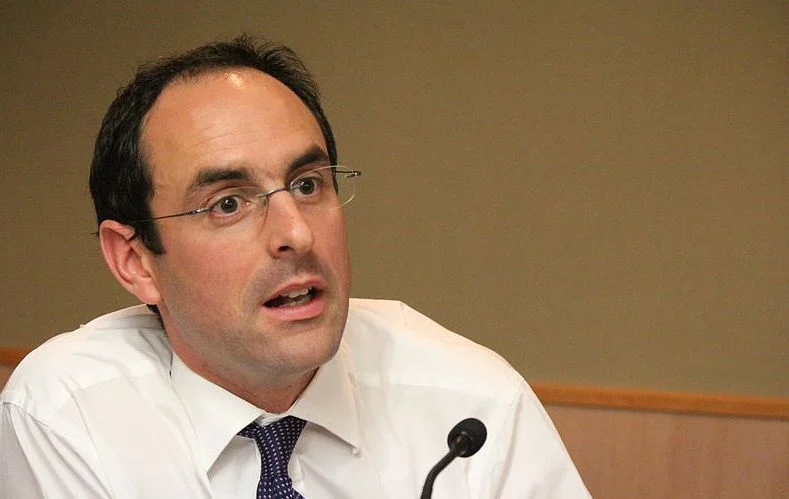 DYFED-Powys Police and Crime Commissioner Christopher Salmon has secured almost £44,000 to launch a Centre for Rural Policing and Justice.
DYFED-Powys Police and Crime Commissioner Christopher Salmon has secured almost £44,000 to launch a Centre for Rural Policing and Justice.
The grant, from the College of Policing, will see Mr Salmon and Dyfed-Powys Police collaborate with the Cardiff-based Universities’ Police Science Institute (UPSI) and others to start a high-level network to develop new expertise in keeping rural communities safe from crime.
Mr Salmon said: “The work we do with UPSI and others will lead to people in some of our most isolated areas feeling safer.
“I’m thrilled that my office has secured this substantial sum from the College’s innovation capacity building fund.
“This collaboration will initially build new working relationships between academic establishments, Dyfed-Powys Police and my office.
“This will help develop new skills throughout the police force to build and use research evidence to improve all aspects of frontline policing.”
The Centre for Rural Policing and Justice will provide a network to develop and share information, best practices and approaches to rural policing. Its work will improve policing and justice in rural areas – the biggest challenge faced by Dyfed-Powys Police.
The key collaborative approach is one of a partnership between the Commissioner’s office, Dyfed-Powys Police and UPSI.
The wider collaborative approach will involve a network between academic institutions across Wales, such as Aberystwyth University and University of Wales Trinity Saint David, using a mixture of skills and expertise. It will also incorporate organisations from the voluntary and private sectors. Mr Salmon, who has committed £5,000 to the centre’s launch costs of around £49,000, said:
“What works in policing in rural areas and communities is an issue that has been neglected by researchers, policy makers and practitioners.
“Compared with the amount of attention paid to policing urban environments, little attention has been directed to the particular policing needs of people living and working in rural areas. “This is despite rural communities presenting special challenges to the police, including isolation and limited access to resources.”
Professor Martin Innes, of UPSI, based at Cardiff University, said: “Understanding what are the key policing problems and priorities for people living in Dyfed-Powys, and then how they can be most effectively tackled, will be the focus for this new partnership.
“Using leading-edge data analytics and research, we will be looking to identify what works, what doesn’t and what’s promising in making communities safer.”
The Centre for Rural Policing and Justice’s work will feed into the National What Works Centre for Crime Reduction, providing robust and comprehensive evidence for police to tackle crime. College of Policing head of research Rachel Tuffin said:
“As the home of the What Works Centre for Crime Reduction, the College of Policing wants to build links between police and academia so the way we go about policing is as efficient and effective as possible.
“This funding will be a springboard for future research and learning so police officers and staff get the best evidence to help them cut crime and keep the public safe.”
The Dyfed-Powys grant comes from the College of Policing’s Innovation Capacity Building Fund and is for the current financial/calendar year.

















Add Comment